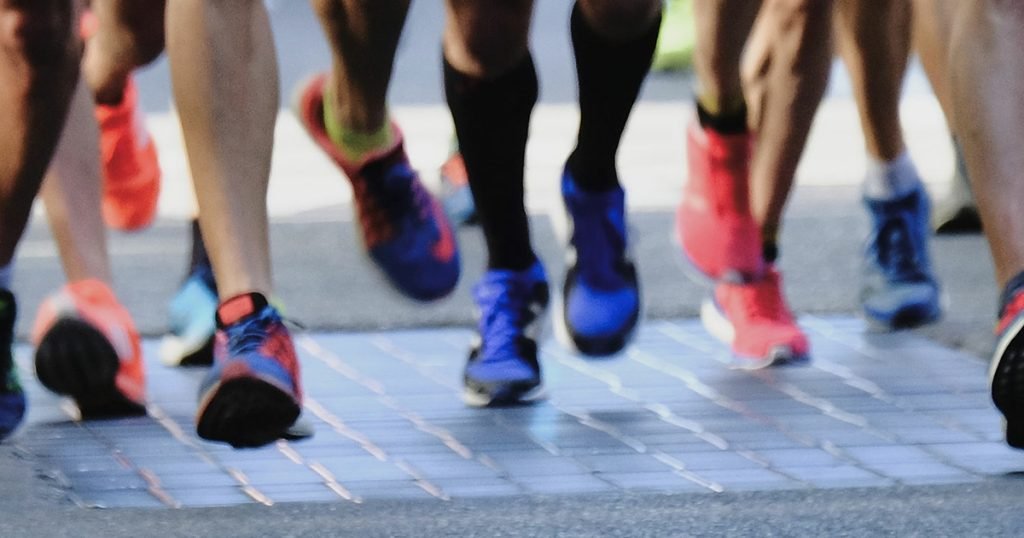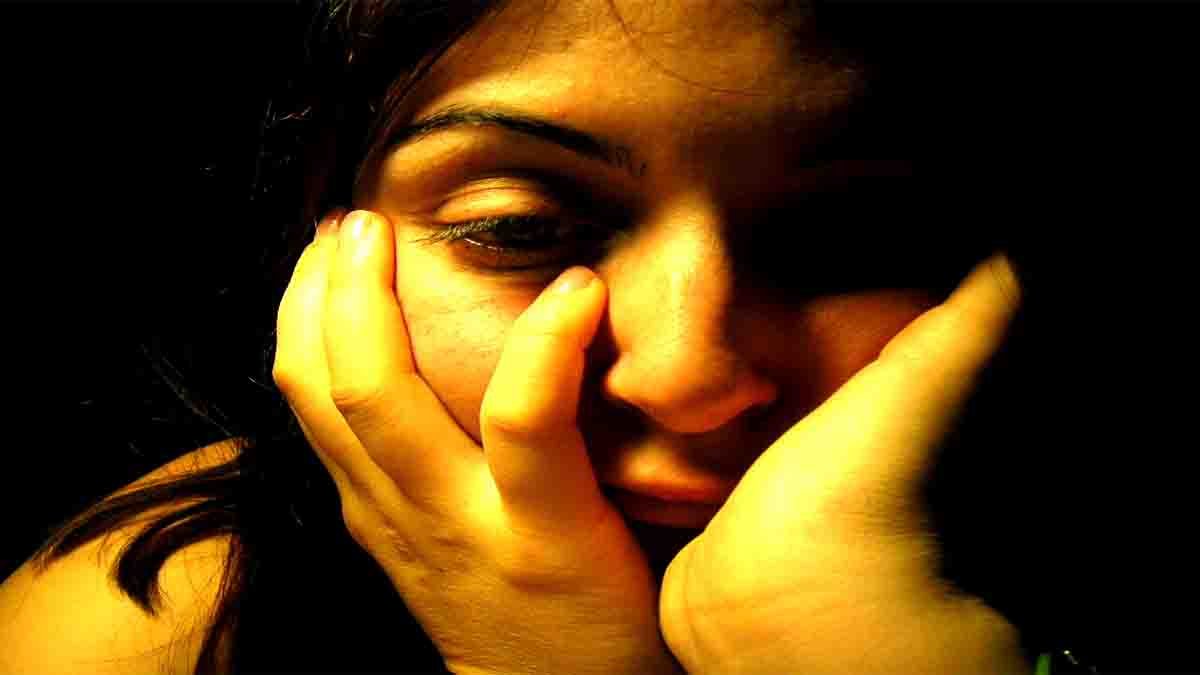The journey of recovery from addiction, particularly in teenagers, is multifaceted and often challenging. Incorporating sports and physical activities into recovery programs has shown promising outcomes, making it a vital component in the path towards wellness. This approach not only addresses the physical aspects of recovery but also fosters mental and emotional healing.
Table of Contents
The Power of Physical Activity in Healing
A Holistic Approach to Recovery
Engaging in sports and physical activities offers a holistic way to tackle the complexities of addiction. It not only improves physical health but also instills discipline, enhances self-esteem, and promotes emotional stability. In the challenging world of addiction recovery, especially for teenagers, these benefits are invaluable.
Enhancing Physical Health
Regular physical activity can significantly improve the overall health of teens recovering from addiction. It helps in detoxifying the body, strengthening the immune system, and improving cardiovascular health. Moreover, physical exercise releases endorphins, natural mood lifters, which are crucial in combatting the emotional lows often experienced during recovery.

Building Discipline and Structure
Sports require a level of discipline and adherence to a schedule, which is highly beneficial for teenagers in recovery. This structured approach can instill a sense of responsibility and routine, something that is often disrupted in the lives of those struggling with addiction.
Boosting Self-Esteem and Social Skills
Participating in team sports can be particularly effective in rebuilding self-esteem and social skills. It encourages teamwork, communication, and a sense of belonging, helping teens to reconnect with others and build supportive relationships.
Mental and Emotional Benefits
Physical activities also play a crucial role in mental and emotional healing. They provide a healthy outlet for stress and anxiety, which are common triggers for substance abuse. Engaging in sports can also offer a sense of accomplishment and purpose, vital in building a positive self-image and outlook on life.
Case Studies and Research Insights
A number of studies have highlighted the positive impact of sports and physical activities in addiction recovery. One notable research, conducted by the National Institute on Drug Abuse, suggests that exercise can play a role in modifying brain functions and behaviors related to substance abuse. This evidence underlines the importance of integrating physical activities into teen addiction recovery programs.
Implementing Sports in Recovery Programs
Choosing the Right Activities
The key to successfully integrating sports into addiction recovery is to select activities that resonate with the interests of the teenagers. Whether it’s team sports like soccer or basketball, individual activities like running or swimming, or even yoga and meditation, the chosen activities should be enjoyable and engaging.
Professional Guidance and Support
Professional guidance is essential in tailoring physical activity programs to suit individual needs. This is where resources like behavioral health for teens come into play, offering expert advice and support tailored to young individuals in recovery.
Conclusion
Incorporating sports and physical activities into teen addiction recovery programs offers a comprehensive approach that addresses both physical and mental health. By fostering discipline, self-esteem, and emotional stability, these activities play a crucial role in the healing process. With the support of professional guidance and evidence-based practices, physical activity can become a cornerstone in the journey towards lasting recovery. In conclusion, the role of sports and physical activities in teen addiction recovery is undeniably significant. It’s not just about physical health; it’s about rebuilding a life with new, healthy habits and a positive outlook.


